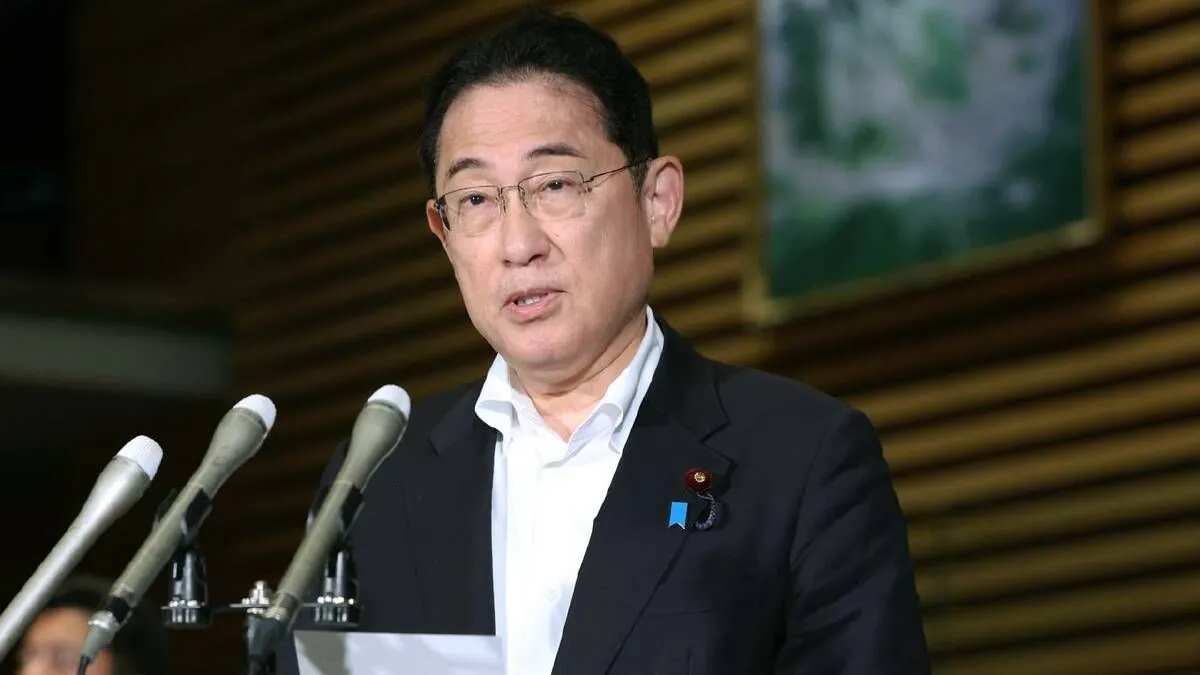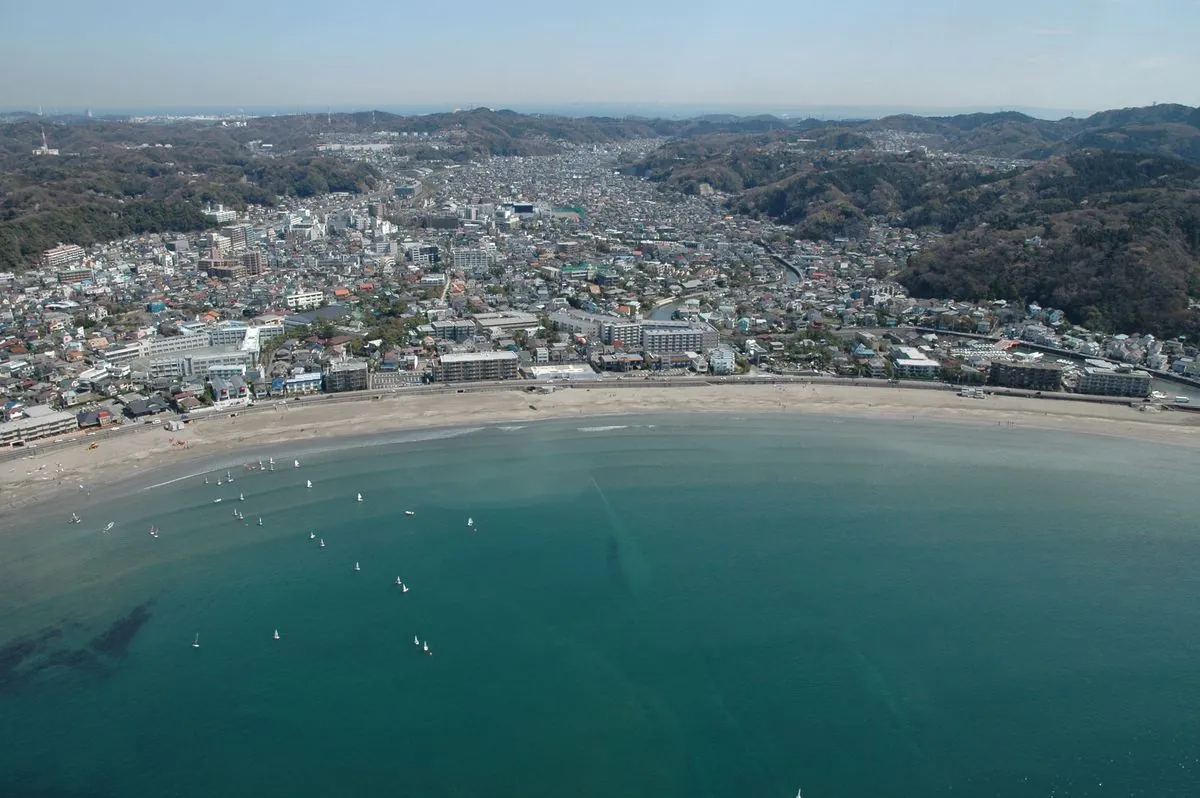Japan on High Alert: PM Cancels Trip Amid Megaquake Warning
Japan issues first-ever "megaquake advisory" after a 7.1 magnitude quake. PM Kishida cancels Central Asia visit to lead response, as nation braces for potential major seismic event.

In an unprecedented move, Japan has issued its first-ever "megaquake advisory" following a magnitude 7.1 earthquake off the coast of Kyushu island. This development has prompted Prime Minister Fumio Kishida to cancel his planned trip to Central Asia, opting instead to lead the government's response to the potential seismic threat.
The Japan Meteorological Agency, established in 1875, raised concerns about a possible major earthquake triggered by the underwater Nankai Trough. This submarine formation, located south of Japan's island of Honshu, has been the source of devastating earthquakes in the past. Seismologists convened an emergency meeting to assess the impact of the recent quake on the nearby trough and reevaluate the risk of a significant seismic event.
Japan, situated in the Pacific Ring of Fire, experiences approximately 1,500 earthquakes annually. The country's location on the convergence of the Pacific and Eurasian tectonic plates contributes to its high seismic activity. In response to this geological reality, Japan has developed the world's most advanced earthquake early-warning system.
Kishida announced the cancellation of his August 9-12, 2024 trip to Kazakhstan, Uzbekistan, and Mongolia, stating:
"I have decided to stay in the country at least for about a week to make sure that government measures and communication are fully in place."
The government has instructed 707 municipalities at risk from a Nankai Trough quake to review their disaster response measures and evacuation plans. This precautionary approach reflects lessons learned from past catastrophic events, such as the 1995 Great Hanshin earthquake in Kobe, which claimed over 6,400 lives, and the 2011 Tohoku earthquake and tsunami, the most powerful ever recorded in Japan.

The advisory has sparked public concern and led to the implementation of various precautionary measures. Local authorities and businesses have taken steps to ensure public safety, particularly affecting travelers during the Obon holiday week, a Japanese Buddhist custom honoring ancestral spirits.
In Wakayama Prefecture, known for its hot springs and beaches, the popular seaside town of Shirahama has closed its beaches, outdoor hot springs, and parks for the next week. The annual fireworks festival scheduled for August 10, 2024, has been canceled. Similarly, Aoshima, a beach resort in Miyazaki Prefecture, which was most affected by the recent quake, has also closed its facilities.
Rail companies in the region have implemented safety measures, including reducing train speeds. These precautions, while disruptive to holiday plans, underscore Japan's commitment to public safety in the face of potential natural disasters.
As Japan remains on high alert, the nation's preparedness serves as a reminder of its resilience in the face of seismic threats. With over 100 active volcanoes, more than any other country globally, Japan continues to balance its rich geological heritage with cutting-edge disaster preparedness strategies.


































